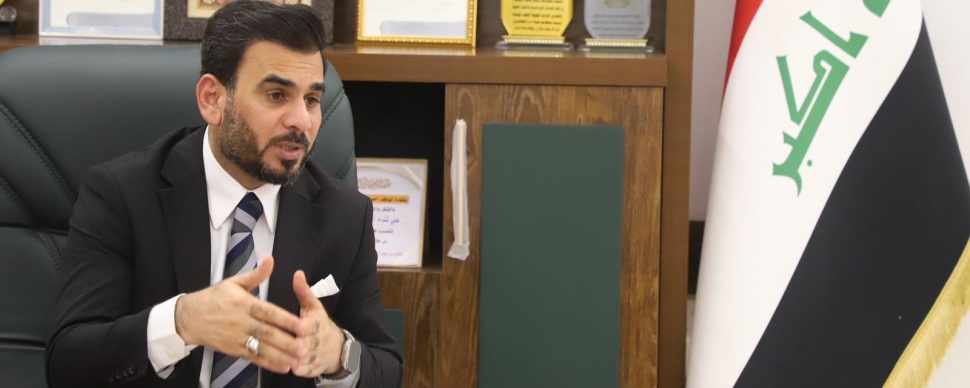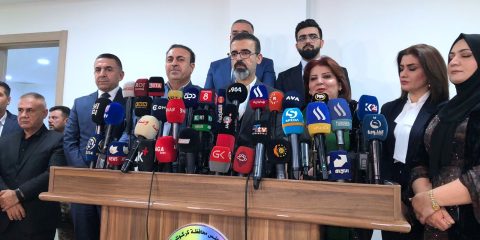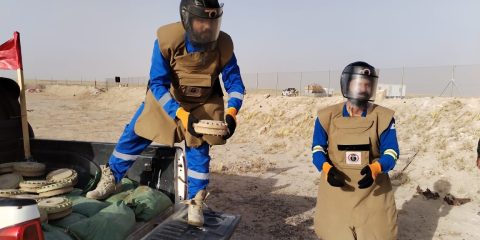Under quota pressure from OPEC-plus, some Iraqi oil officials argue Kurdistan's production shouldn't count toward national total.
Q&A: Ali Shaddad al-Faris, member of the Parliament Oil and Gas Committee
The influential MP from Basra discusses oil disputes with Kurdistan, legislative priorities, and new energy projects in southern Iraq.

Ali Shaddad al-Faris, member of the Parliament Oil and Gas Committee. (ALI AL-AQILY/Iraq Oil Report)




